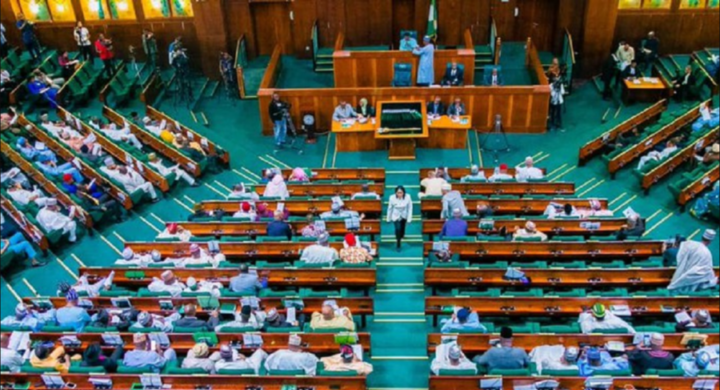Members of the House of Representatives have sharply questioned Finance Minister Wale Edun and Budget & National Planning Minister Atiku Bagudu over what they described as worrying delays in implementing the 2024/25 budget. The scrutiny follows concerns among lawmakers and citizens that many promised projects and capital expenditures have been slow to begin despite the budget’s extension and declared progress in parts of it.
At a recent closed-door session of the House Committee on Appropriations in Abuja, the two ministers were asked to account for the budget’s execution. Chairman Abubakar Bichi told journalists afterward that Nigerians are deeply concerned about how little of the budget has been felt on the ground. He remarked that while some parts of the budget are showing results, a good number of key infrastructure and development interventions that were expected to bring relief to communities are delayed.

In response, Minister Edun said that about 80 percent of the capital component of the 2024 budget has been implemented so far. He emphasized that the budget was extended by the National Assembly until December, which gives more time for execution. He said that ongoing work includes infrastructure projects, irrigation schemes, and rural-area development, all of which are being prioritized ahead of the end of the year.
Bagudu added that while execution is underway, there have been challenges aligning spending plans with available revenue and ensuring that projects touching the grassroots are actually delivered. He expressed confidence the government is making headway and assured lawmakers that more visible outcomes will be seen from now until the close of the extended period.
Lawmakers pressed further on which exact projects have stalled and asked for detailed reasons: whether the delays are due to funds not being released, bureaucratic bottlenecks, procurement delays, or contractor issues. The House made clear that mere assurances are not enough; citizens expect to see roads, sanitation, clinics, schools, and other community-level works delivered.
Public reaction has been mixed. Some analysts welcomed the 80-percent claim as promising, arguing that many government projects in Nigeria often stall or lag far behind. Others remained skeptical, pointing out that the figure may represent budget lines that are “in progress” rather than completed or benefiting the intended communities. For many Nigerians, delays in capital projects mean continued travel on bad roads, inconsistent water supply, erratic power, and slow delivery of social services.
Economists, meanwhile, have emphasized that while extension of the budget timeline offers more flexibility, it can also mask inefficiencies. When a budget is extended, there is a danger that projects are listed as “ongoing” without proportionate performance on the ground. They warn that tracking, monitoring, transparency, and measurable outcomes will be essential.
Also part of the concern raised by members is the potential for slipping standards or rising costs, especially as inflation remains high, foreign exchange rates fluctuate, and costs of materials continue to rise. Delays in execution often translate into higher project costs, which in turn could undercut the intended impact of the budget.
The ministers assured the House that the executive branch is committed to working with the legislature to speed up implementation. Edun noted that mechanisms are being put in place to ensure that projects that directly affect ordinary Nigerians receive priority. Bagudu said the National Planning ministry is focusing on ensuring procurement and project award processes are more responsive and that funds are released in good time.
By projecting visible results before year-end, the government aims both to restore public confidence and to fend off criticism that reforms and budget plans are too much in theory and too little in practice. Some lawmakers warned, however, that if promised progress does not show by December, there will be increased scrutiny, possibly even investigations.
The confrontation over delays in the 2024/25 budget reflects wider frustrations among citizens and stakeholders over fiscal governance, project delivery, and the speed with which promises made in budgets translate into real-life improvements. With election cycles, rising living costs, and infrastructure deficits high on the national agenda, Nigeria’s ability to deliver efficiently on its fiscal plans remains under close watch.
Support InfoStride News' Credible Journalism: Only credible journalism can guarantee a fair, accountable and transparent society, including democracy and government. It involves a lot of efforts and money. We need your support. Click here to Donate
